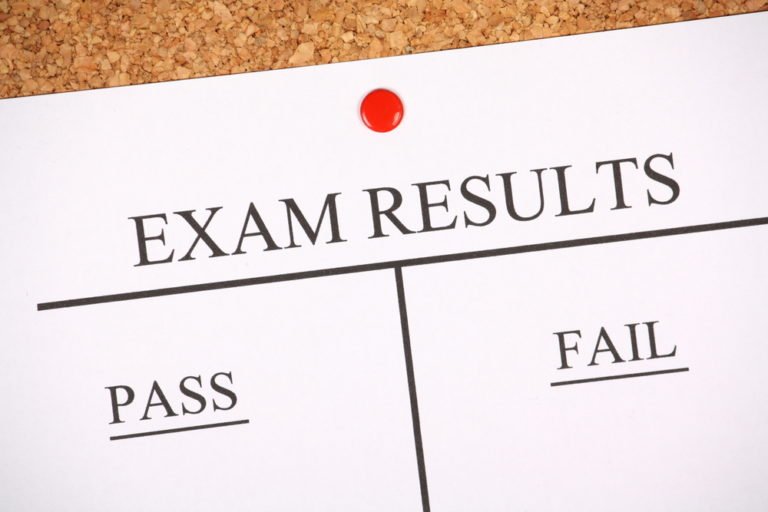
5 Soft Skills Every Medical Student Needs
As any practicing physician can attest, adequate medical care extends beyond pure medical knowledge to ... Read more
Cassie Kosarek
Updated June 26, 2022 by Cassie Kosarek

As any practicing physician can attest, adequate medical care extends beyond pure medical knowledge to ... Read more
Cassie Kosarek
Updated June 26, 2022 by Cassie Kosarek

Plotting out your course of study in anticipation of any MCAT test date is difficult ... Read more
Cassie Kosarek
Updated June 26, 2022 by Cassie Kosarek

Demonstrating proficiency in the basic sciences is a hallmark of a good medical school application, ... Read more
Cassie Kosarek
Updated February 2, 2019 by Cassie Kosarek

Receiving multiple admissions offers to medical school can be both thrilling and daunting for prospective ... Read more
Cassie Kosarek
Updated June 26, 2022 by Cassie Kosarek

Medicine is a vast field comprised of specialties so different that it’s hard to believe ... Read more
Cassie Kosarek
Updated June 26, 2022 by Cassie Kosarek

The transition from high school to college is stressful for many students, and perhaps more ... Read more
Cassie Kosarek
Updated June 26, 2022 by Cassie Kosarek

Walking out of the test center after I had completed the MCAT was a surreal ... Read more
Cassie Kosarek
Updated June 26, 2022 by Cassie Kosarek

As a premedical student, you are likely familiar with some of the subjects that are ... Read more
Cassie Kosarek
Updated June 26, 2022 by Cassie Kosarek

You have a great MCAT score, a strong GPA, and have represented yourself and your ... Read more
Cassie Kosarek
Updated June 26, 2022 by Cassie Kosarek

Many medical schools are now enhancing their preclinical curriculum (which is typically taught in the ... Read more
Cassie Kosarek
Updated June 26, 2022 by Cassie Kosarek

In an ideal world, your first attempt at applying to medical school would also be ... Read more
Cassie Kosarek
Updated June 26, 2022 by Cassie Kosarek

The Critical Analysis and Reasoning Skills (or CARS) section of the MCAT is occasionally placed ... Read more
Cassie Kosarek
Updated June 26, 2022 by Cassie Kosarek

Being a pre-medical student means committing to a years-long process aimed at ultimately gaining admission ... Read more
Cassie Kosarek
Updated June 26, 2022 by Cassie Kosarek
After you interview at a medical school, you will likely wait several painstaking weeks before ... Read more
Cassie Kosarek
Updated June 26, 2022 by Cassie Kosarek

Republished with permission from here. Being a pre-medical student is largely about the numbers — ... Read more
Cassie Kosarek
Updated June 26, 2022 by Cassie Kosarek

Updated November 4, 2021. The article was updated to correct minor grammatical errors. Settling into ... Read more
Cassie Kosarek
Updated June 26, 2022 by Cassie Kosarek

In an ideal world, the months before an MCAT test date would be exclusively devoted ... Read more
Cassie Kosarek
Updated June 26, 2022 by Cassie Kosarek

In Part One of this series, we discussed post-baccalaureate pre-medical programs for career-changers (i.e. those who have ... Read more
Cassie Kosarek
Updated June 26, 2022 by Cassie Kosarek

This two-part series will discuss two types of post-baccalaureate pre-medical programs. This piece will address ... Read more
Cassie Kosarek
Updated October 11, 2022 by Cassie Kosarek
Current phase of the application cycle.
You are viewing information for the Interviews phase of the application timeline.